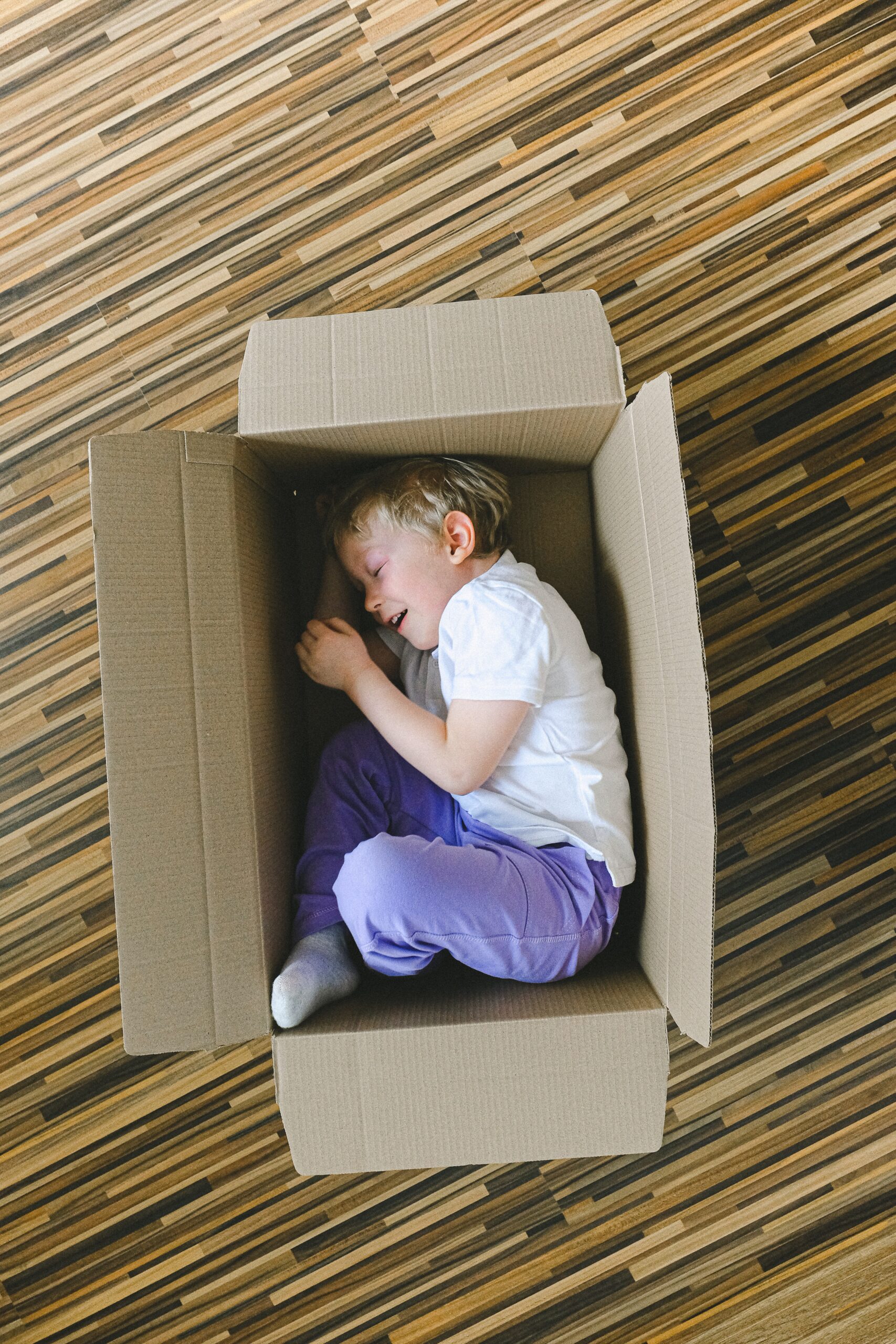The Journey of Parenting a Child with Mental Illness

Parenting is a beautiful and rewarding journey, but when your child faces the challenges of mental illness, it can also be overwhelming and filled with uncertainty. As a parent, you may find yourself navigating uncharted territory, striving to provide the best care and support for your child. In this article, we will explore the experiences, emotions, and practical strategies involved in parenting a child with mental illness, with the hope of offering guidance, encouragement, and a sense of community.
The Rollercoaster of Emotions:
Parenting a child with mental illness can evoke a rollercoaster of emotions. From confusion and guilt to worry and frustration, it is essential to acknowledge and process these emotions. Remember, it is natural to feel a mix of emotions as you grapple with the challenges your child is facing. Seek support from loved ones, therapists, or support groups to help you navigate these emotions and maintain your well-being.
Education and Advocacy:
Understanding mental illness in children is critical to providing effective support. Find out about specific conditions, their symptoms, triggers and treatment options. Stay up to date on the latest research and advancements in this field. With this knowledge, you can advocate for your child’s needs and work effectively with health professionals to ensure your child receives appropriate care and resources.
Building a Support Network:
You don’t have to start this journey alone. Reach out to friends, family and other parents who have had similar experiences. Connecting with others who understand can provide valuable support, empathy, and practical advice. Online communities and local support groups provide a safe place to share concerns, ask questions, and feel safe.
Prioritizing Self-Care:
Raising a child with a mental illness can be physically and emotionally taxing. Remember to prioritize self-care. Spend time doing activities that restore your strength and recharge your batteries. Pursue a hobby, exercise, practice mindfulness, or get therapy if needed. By taking care of your health, you can be a better parent and make a difference for your child.
Open and Honest Communication
Establishing channels of open and honest communication with your child is important. Create a safe environment where they feel comfortable expressing their thoughts and feelings. Encourage them to talk about their experiences, fears, and challenges. Actively listen, check their feelings, and offer reassurance. Let them know that they are not alone in this journey and that you are there to support them unconditionally.
Tailoring Parenting Strategies
Each child with a mental illness is unique, and what works for one child may not work for another. Tailor your parenting strategy to your child’s specific needs. Work with therapists and educators to develop personalized coping mechanisms, behavior management techniques, and academic alignment. Flexibility, patience and understanding are the keys to finding what works best for your child through trial and error.
Celebrating Progress:
It’s important to celebrate your child’s progress, no matter how small, even in difficult situations. Give them credit no matter how insignificant it is. Celebrate their resilience, courage and determination. Focusing on their strengths and achievements fosters a positive attitude and boosts their self-esteem.
Embracing Moments of Joy:
Raising a child with mental illness can be stressful, but it’s important to enjoy the moments of joy and normalcy. Allow yourself and your children to experience and enjoy life’s simple pleasures. Engage in activities that bring joy and laughter, create lasting memories and bond as a family.
Raising a child with mental illness is a complex and difficult journey, but it is also an opportunity for immense personal growth, resilience and love. Remember to take care of yourself, know your child’s condition, seek support, and encourage open communication. Together, we can create a nurturing environment that helps children grow despite the obstacles they face. You are not alone on this journey, and there is hope for a brighter future for you and your child.

